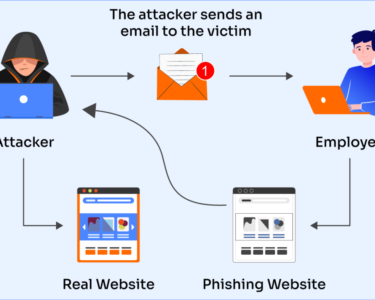
Building Digital Trust
In the modern digital age, trust is of paramount importance. Our online interactions, transactions, and data sharing rely heavily on the trust we place in technology companies, service providers, and even strangers online. Building and maintaining digital trust is essential for a thriving digital economy and society.
Defining Digital Trust
Digital trust can be defined as the belief that a digital system, service, or individual is reliable, secure, and operates in a fair and transparent manner. It encompasses the following key elements:
- Reliability: Ensuring that systems are consistently available and perform as expected.
- Security: Protecting data and transactions from unauthorized access, modification, or disclosure.
- Transparency: Providing clear and accessible information about how systems work and how data is handled.
- Accountability: Holding individuals and organizations responsible for their actions online.
- Privacy: Respecting users’ privacy and data protection rights.
Building Digital Trust
Establishing digital trust requires a multifaceted approach involving various stakeholders:
- Technology Companies: Developing secure and reliable platforms, implementing robust encryption measures, and providing privacy-centric features.
- Governments and Regulators: Enacting and enforcing data protection laws, establishing cybersecurity standards, and promoting ethical behavior online.
- Individuals: Being aware of online privacy risks, using strong passwords, and exercising caution when sharing personal information.
- Organizations: Establishing data governance frameworks, conducting regular cybersecurity audits, and providing transparent privacy policies.
Benefits of Digital Trust
Building digital trust has numerous benefits for individuals, businesses, and society as a whole:
- Enhanced Security: Strong digital trust measures reduce the risk of cyberattacks and data breaches.
- Increased Innovation: Trust removes barriers to collaboration and innovation by fostering a secure environment for sharing data and ideas.
- Improved Customer Loyalty: Customers are more likely to do business with companies they trust with their sensitive information.
- Economic Growth: Digital trust enables e-commerce, online banking, and other digital services that drive economic growth.
- Social Cohesion: Trust online can facilitate online communities and foster a sense of belonging among individuals.
Challenges in Building Digital Trust
Building digital trust is not without its challenges:
- Data Breaches: High-profile data breaches can erode public trust in technology companies and undermine efforts to build digital trust.
- Cybercrime: Phishing, hacking, and other forms of cybercrime can damage the reputation of online services and make individuals hesitant to trust them.
- Misinformation and Fake News: The spread of false or misleading information online can undermine trust in digital sources.
- Cultural Differences: Perspectives on privacy and data protection can vary across cultures, making it challenging to establish universal standards of digital trust.
Conclusion
Building digital trust is an ongoing and collaborative effort that requires the active participation of all stakeholders. Technology companies, governments, individuals, and organizations must work together to implement robust security measures, promote transparency, and foster a culture of ethical online behavior. By establishing digital trust, we can unlock the full potential of the digital economy and create a more secure, prosperous, and connected world.



